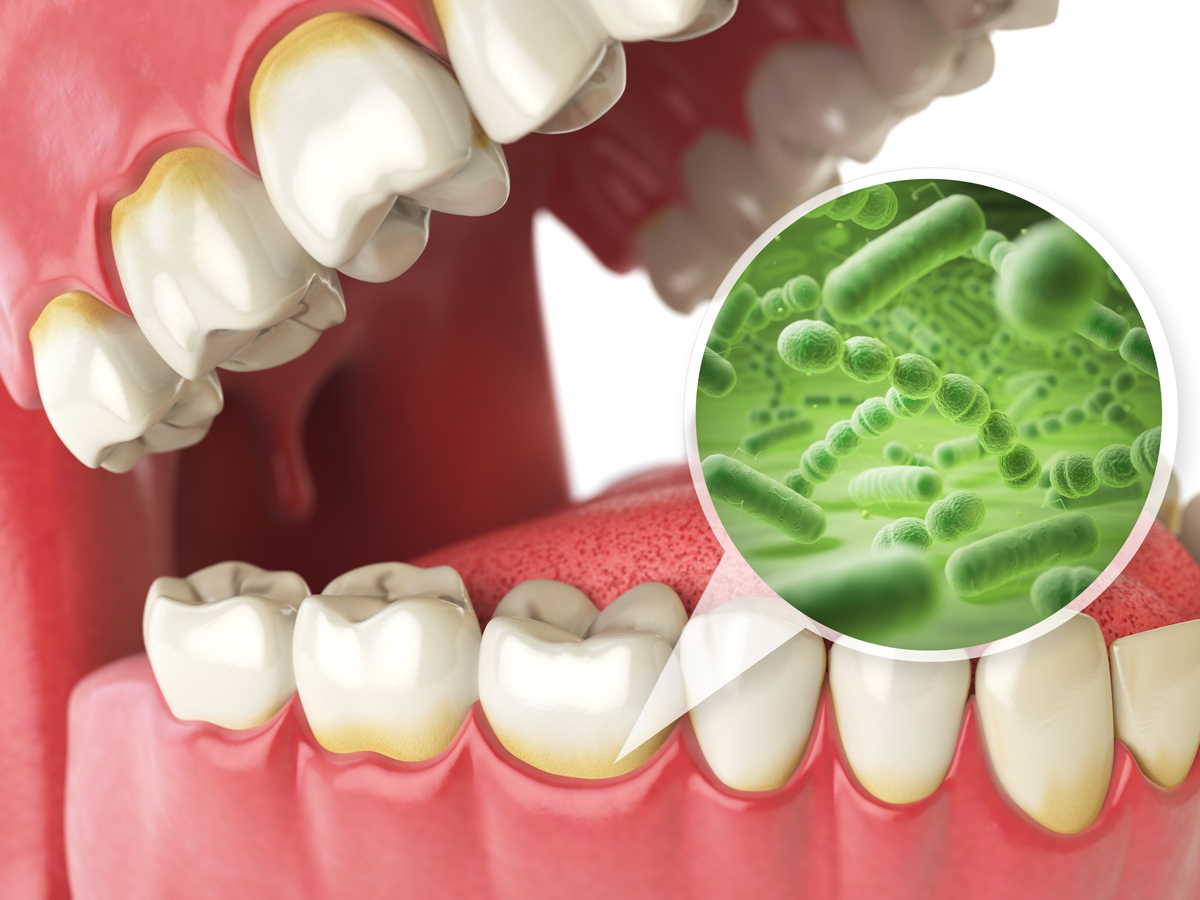Fasting in various forms has become very talked about recently, thanks in part to Dr Michael Mosley who 6 years ago popularised the idea of intermittent fasting with his 5:2 diet. In reality fasting has been part of all the world’s major spiritual denominations for thousands of years, with designated periods throughout the year devoted to abstaining from foods. It is a practice that is also rooted in our evolutionary biology. As humans evolved through periods of feast and famine, we evolved adaptive strategies to keep functioning in a fasting state, and these adaptations are of great interest to researchers today.
Compare the environment our ancestors lived in to the environment we inhabit today, with often highly inappropriate foods available constantly, snacking culture and sedentary occupations. The cultural notion that we require three meals per day might have been appropriate when we engaged in largely physical work, but is less so now. It takes a tremendous amount of energy to digest and process food and when you fast the body diverts that energy to repair and rebuilding. The modern epidemics of insulin resistance, type 2 diabetes, cardiovascular disease, and auto immunity – the degenerative diseases of society – can be directly linked to our patterns of constant consumption. But rather than looking at it as a diet, consider it to be a change in eating patterns for life, rather than short term punishment to achieve short term goals.
Intermittent fasting is simply a description of eating, and not eating, intermittently, and various forms of it are possible. Probably the easiest, healthiest and most accessible form of it is to eat within a window – such as eating within a 12 hour window and fasting overnight. This means an early evening meal, and late breakfast the following day. It can be adapted to your lifestyle and working day, and if you have blood sugar control issues you can build up slowly. The ideal window to aim for as a daily practice is 16:8. Eat for 8 hours of the day and fast for 16 hours overnight. If you only eat within an 8 hour window you are releasing less insulin in to the blood stream. Never forget that as well as a role in blood sugar control, insulin is the fat storage hormone and excess levels promote inflammation in the body, the root cause of all degenerative disease.
The numerous health benefits of fasting are well documented:
Firstly, when you fast, your body begins to consume damaged cells first, a process known as
autophagy, or eating our self. Cells recycle waste material and repair themselves. This has profound implications for our improving all aspects of our health and ageing. Fasting for more than 6 hours begins the cleaning phase, so eliminate snacking!
As insulin levels drop through fasting, blood sugar control improves and the body burns fat.
Fasting has the potential to improve autoimmune conditions. In previous Gut Matters posts we looked at the importance of gut barrier integrity to prevent undigested food particles, toxins and microbes crossing the mucosal barrier, the potential trigger for autoimmunity. Fasting can promote the proliferation of the gut bacteria Akkermansia, which is associated with all good health outcomes. Akkermansia feeds on the mucosal layer of the gut, and the 16 hour window is considered ideal. Fasting also increases the diversity of gut bacteria, which impacts on all positive health outcomes.
Fasting promotes the secretion of human growth hormone, important for the build up of muscle mass and muscle strength.
Somewhat counter intuitively, fasting can normalise grehlin, the hunger hormone. You might struggle to adapt at the start due to habits, but fasting sensitises the body to when you are actually hungry, as opposed to eating routinely. Eat only when you are genuinely hungry.
Fasting can normalise several markers of degenerative disease, such as triglycerides and oxidised LDL cholesterol. Fasting can stimulate stem cells which heal and repair your immune system.
When not to fast:
If you have poor blood sugar control, are taking medication, or have an eating disorder, discuss time restricted eating with your GP first. Do not fast if you are pregnant or breast feeding.
It goes without saying that when we eat we should avoid simple carbohydrates. It is common to rely on simple carbohydrates as our source of fuel, and yet they are not an ideal energy source and generally nutritionally poor quality foods. Eat healthy fats, good quality proteins, and complex low glycaemic load vegetables as the bulk of your diet.



This Post Has 0 Comments